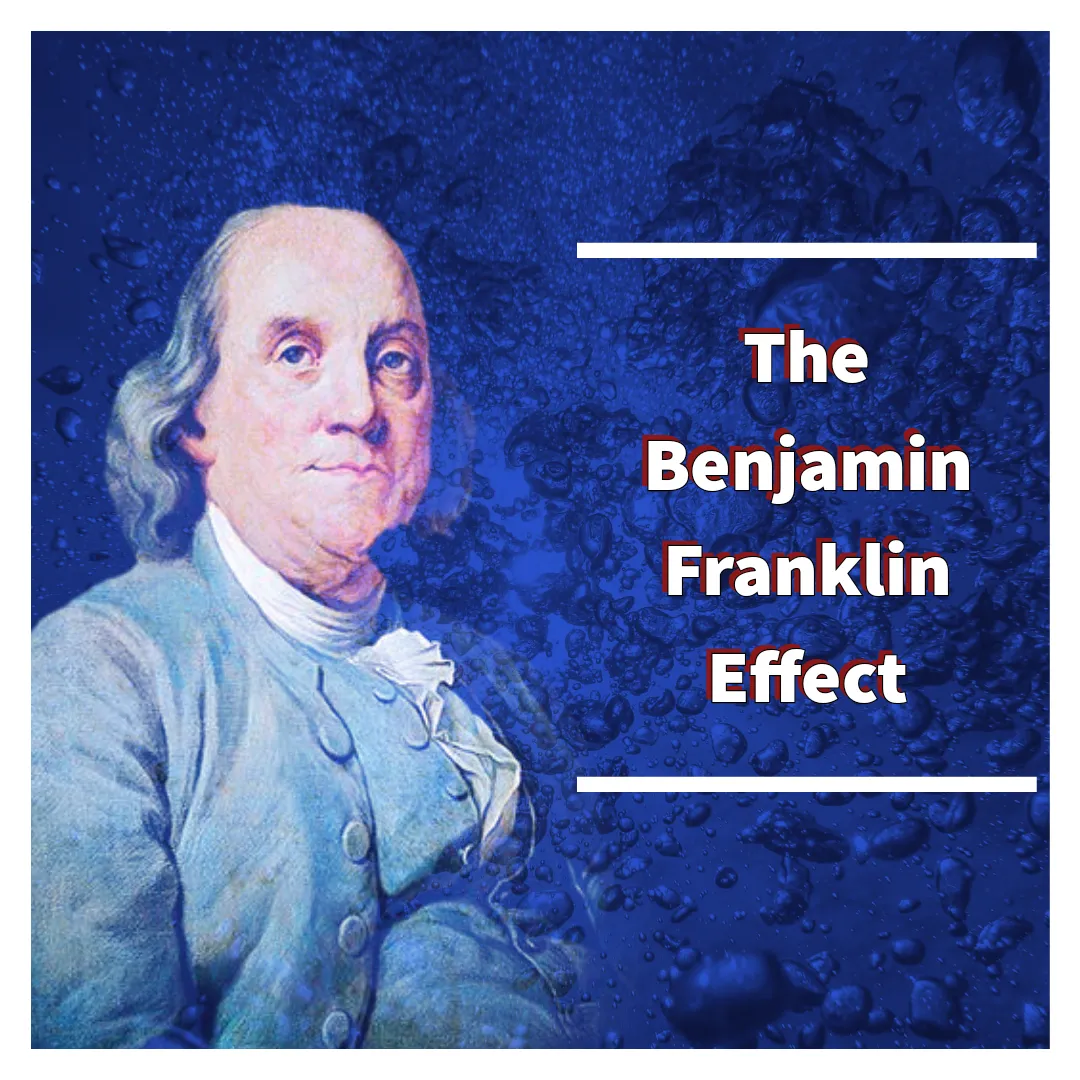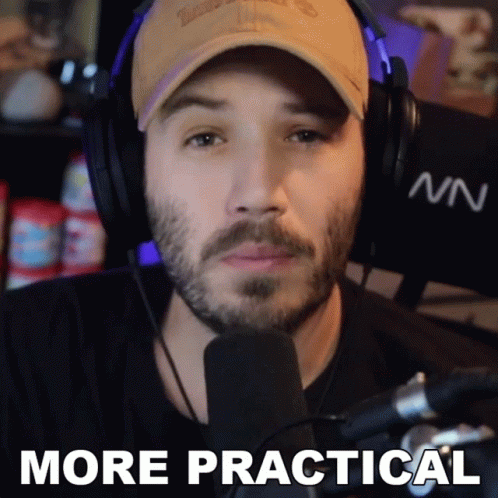
I made this picture with Sparkpost.
"He that has once done you a kindness will be more ready to do you another, than he whom you yourself have obliged."
- Benjamin Franklin.
Hi there, @drceeyou here
Ben is considered a man who could win over the worse of enemies to himself. He knew how to strike the cord that mattered. Sometime in the 18th century, while in the Pennsylvania legislature, he had a rival who displayed a lot of animosity towards him. Ben decided to do something about it. Here is how he described the event in his autobiography...
Having heard that he had in his library a certain very scarce and curious book, I wrote a note to him, expressing my desire of perusing that book, and requesting he would do me the favor of lending it to me for a few days. He sent it immediately, and I returned it in about a week with another note, expressing strongly my sense of the favor. When we next met in the House, he spoke to me (which he had never done before), and with great civility; and he ever after manifested a readiness to serve me on all occasions, so that we became great friends, and our friendship continued to his death.

This is the classic Benjamin Franklin Effect. That's what the quote at the beginning of this post states. If you can get someone who hates you to do you a favor, he is more likely to begin to soften in his approach to you.
The reason why this is so interesting is that it is an example of cognitive dissonance theory at work. People would naturally change their attitude to resolve the tension/dissonance in their mind between their actions and their thoughts/attitude. So by getting a favor from a person with negative vibes towards you, you are creating a dissonance between his negative feelings and the fact that he somehow did you a favor.
This would make him justify his action of "doing you a favor" by getting soft in his approach to you and over time, whatever negative vibes that existed between you would wane. Here is a practical application.

[powered by tenor]
If you are a sales man, for instance, instead of offering to help a client/customer, you could first ask them to tell you which of the product benefits are most compelling, or what product would be of relevance in the market several years from now. What you are doing by that is bestowing on the customer the role of an expert in your product, even if he doesn't know so much.
Dale Carnegie calls it a "subtle but effective form of flattery" It is also noted that the converse is true. We come to justify our wrong deed to an individual by hating the individual. Soldiers who kill enemy service men learn to use this psychological maneuver to decrease the dissonance of killing.
It's like a cascade that continues. Once we have activated the effect, we tend to go in that direction infinitely.
If this post has been helpful, pls leave an upvote and rehive.
